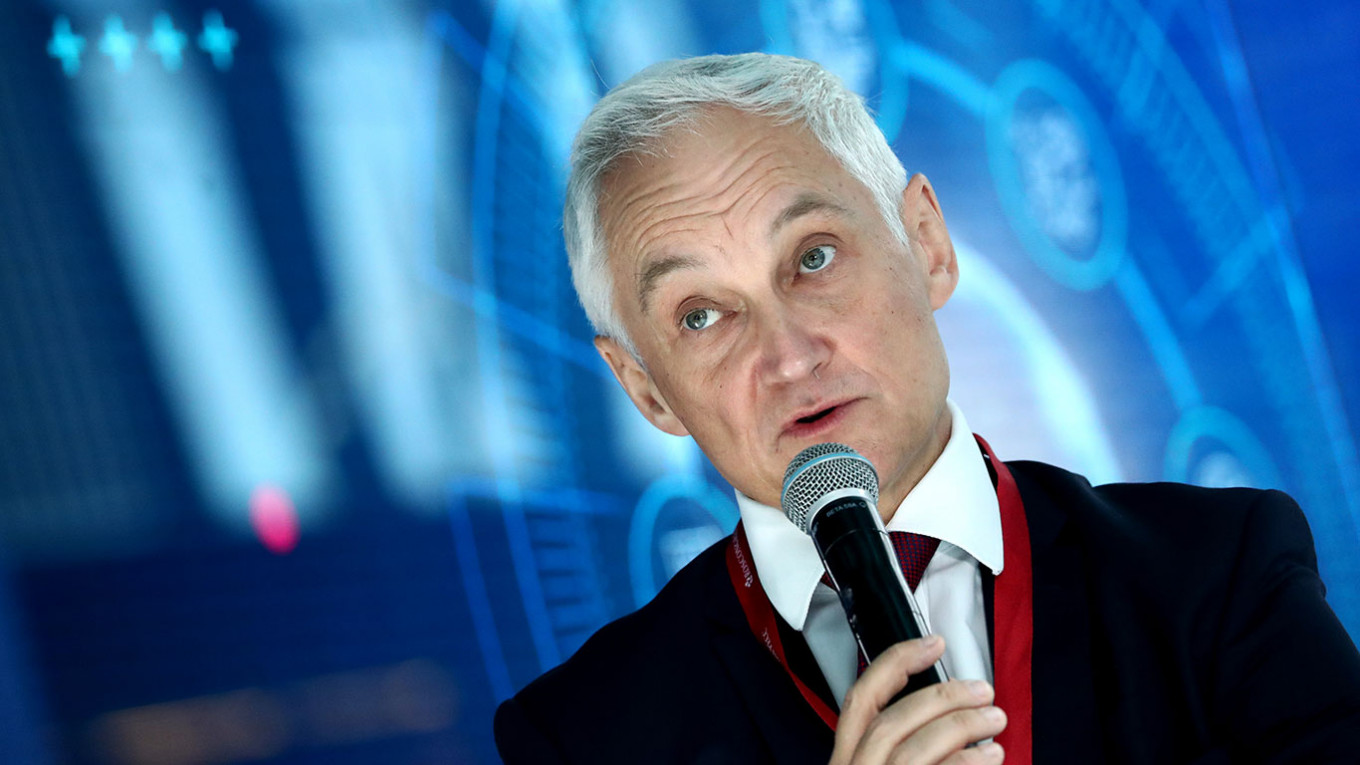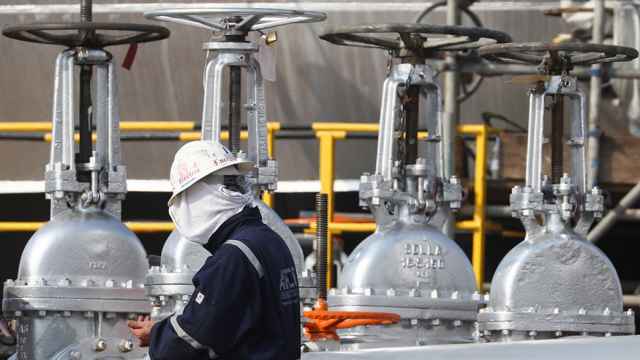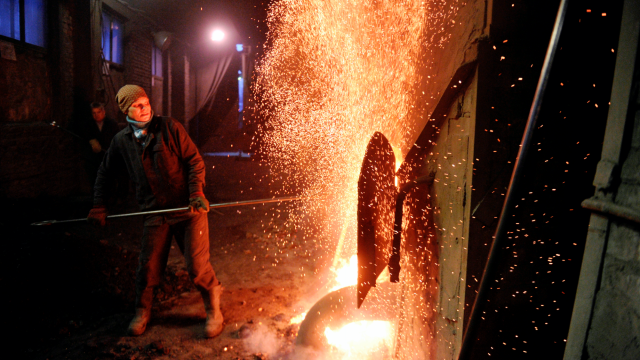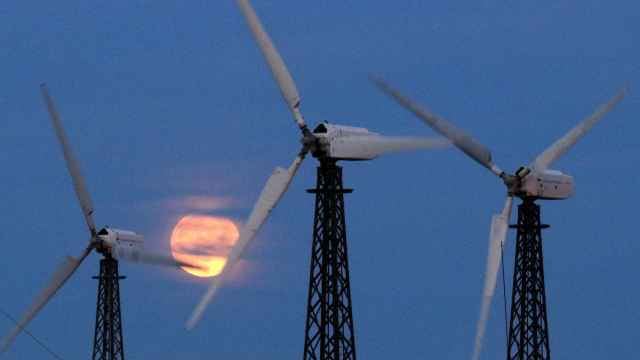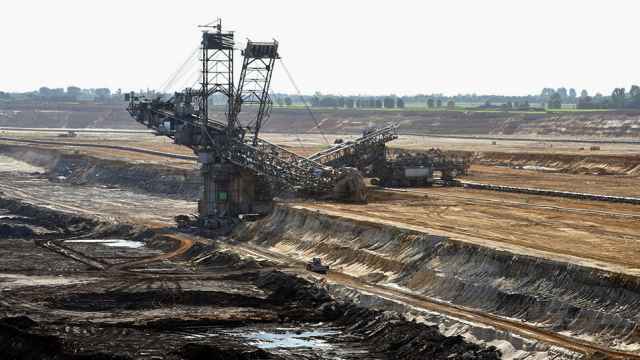Russia’s transition to renewable energy could cost its economy roughly $1.2 trillion by 2050, a top Kremlin economic aide told the Kommersant business daily ahead of the landmark COP26 climate summit.
The 90-trillion-ruble price tag comes from a draft energy transition plan recently presented by the Economic Development Ministry.
“Our entire so-called intensive scenario in the energy transition strategy costs about 90 trillion rubles over 28 years,” First Deputy Prime Minister Andrei Belousov told Kommersant last Monday. “That means 3.2 trillion a year. This comes out to less than 3% of GDP.”
According to the plan, Russia would need to invest about $45 billion per year into renewables, nuclear and hydrogen energy in order to meet its goal of cutting greenhouse gas emissions by 79% by 2050.
Russia, the world’s fourth-largest emitter of greenhouse gases, has historically relied on its vast oil and gas reserves to bolster its economy.
The country’s leadership this year has started paying closer attention to climate change, passing the first greenhouse gas monitoring legislation in Russia’s history, calling for methane emissions cuts and acknowledging the global climate emergency.
President Vladimir Putin this month pledged that Russia would achieve net-zero carbon emissions by 2060.
Nuclear power will play an important role in the country’s energy transition, Belousov said, arguing that “a whole range of countries don’t want to acknowledge nuclear generation as ‘clean’ because they don’t want to create strategic competition.”
International Energy Agency experts recently called for an urgent and complete halt on all new investment into coal, oil and natural gas exploration.
But because Russia plans to rely on natural gas as a transitional fuel, the country will need to expand its gas infrastructure, Belousov said, adding that this infrastructure could later be used to ship hydrogen fuel. For example, the new Nord Stream 2 pipeline could be adapted for hydrogen transit, he said.
Belousov's comments come one the eve of the UN COP26 climate summit in Glasgow, which is billed as one of the last chances remaining for world leaders to commit to the drastic emissions cuts needed to keep global warming below catastrophic levels.
Russia is one of the few leading economies not to have submitted a more ambitious climate strategy ahead of the November summit, as is required.
A Message from The Moscow Times:
Dear readers,
We are facing unprecedented challenges. Russia's Prosecutor General's Office has designated The Moscow Times as an "undesirable" organization, criminalizing our work and putting our staff at risk of prosecution. This follows our earlier unjust labeling as a "foreign agent."
These actions are direct attempts to silence independent journalism in Russia. The authorities claim our work "discredits the decisions of the Russian leadership." We see things differently: we strive to provide accurate, unbiased reporting on Russia.
We, the journalists of The Moscow Times, refuse to be silenced. But to continue our work, we need your help.
Your support, no matter how small, makes a world of difference. If you can, please support us monthly starting from just $2. It's quick to set up, and every contribution makes a significant impact.
By supporting The Moscow Times, you're defending open, independent journalism in the face of repression. Thank you for standing with us.
Remind me later.


